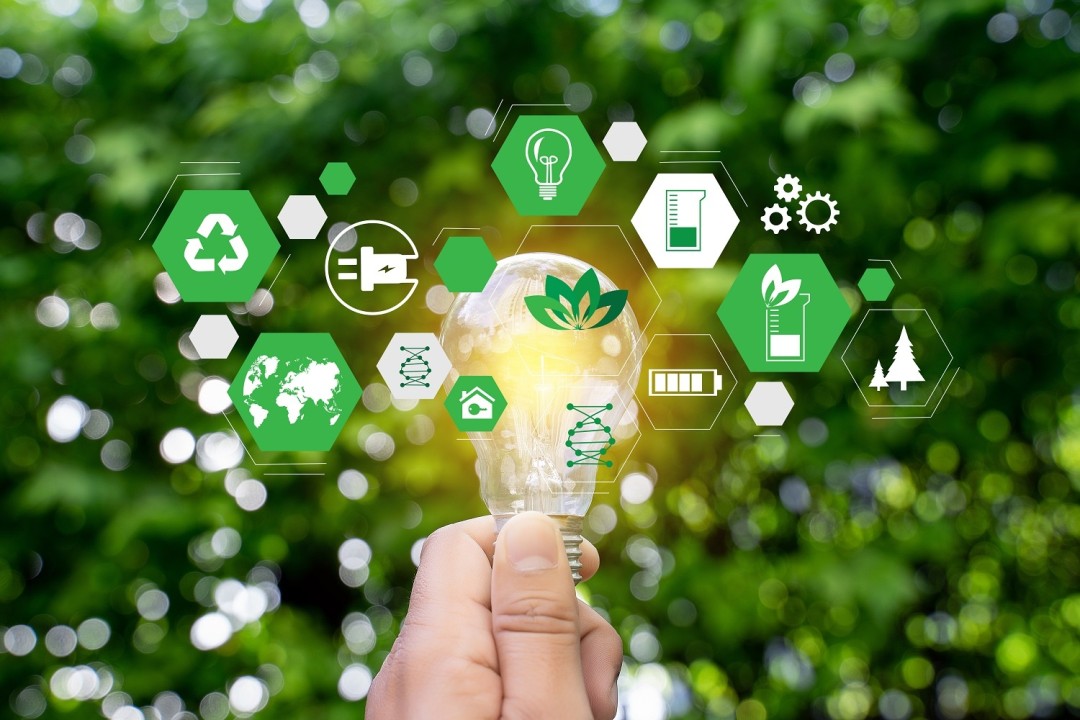
The era of green tech is on the rise now, going neck and neck with an uptick of innovative digital transformation. It goes without saying that Sustainability means evolution. But the question is how do we imagine the future of sustainability? Are we aware of every aspect of the bigger picture?
The answer is ‘Evolution’ and it plays a very vital part in contributing to the same picture.
Evolution means striving for better results for the welfare of the mankind. In the short term, dependence on fossil fuels is unavoidable. But we can’t overlook the major threat that the same resources will run out some day. People have started to acknowledge the importance of energy efficient ways. Technical efforts must be directed to increasing the efficiency of energy supply and energy use, and to using fossil fuels in a less-polluting manner. Imagine a community one that uses resources more responsibly and organizes industrial processes in ways that minimize and re-use wastes, how great is that!
Tending to the same cause, today, loads of technologies are being experimented for the same cause. For instance, Biodegradable plastic made out of seaweed and mango peels, vegan leather products from orange peels, handicrafts and décor from bananas and so on. Technological sustainability is well classified into major sections.
Let’s have a look at few of its types:
Evolution of material:
The materials revolution that is now underway has profound implications for the environment. The new materials will permit the development of products that are more energy efficient, that consume less of mineral resources for their manufacture, are lighter and stronger, and recyclable. For example, bioplastics, rechargeable batteries, inverters with low toxic chemical content, etc.
Increased food production and the improved means of storage and distribution —necessary to support a burgeoning global population—will also depend on technological advances. Biotechnology has produced new strains of crops resistant to disease and drought. Further advances in producing crop varieties naturally resistant to pests will permit a further reduction in toxic chemicals used as pesticides. Genetic engineering holds promise not only in agriculture, but also in aquaculture where it can lead to increased production of marine and freshwater seafood.
How does this affect the greatest occupation of the country (Agricultural sustainability)?
The negative environmental consequences of farming have been reduced in recent years, and environmentally sustainable farm practices appear to be within reach. The chemical industry is now producing pesticides that degrade more quickly, that have more focused effects, and that can be applied in lower concentrations. Best management practices include crop rotation systems, the use of computers to guide chemical use, and integrated pest management.
Sustainable development is the greatest challenge of our time. It brings together a number of global problems—pollution and intoxication of the space in which we live; poverty and starvation; climate change; depletion of mineral and organic resources; ecological devastation; and global inequity.
By : Nikhil Thakur | ChangeMaker
